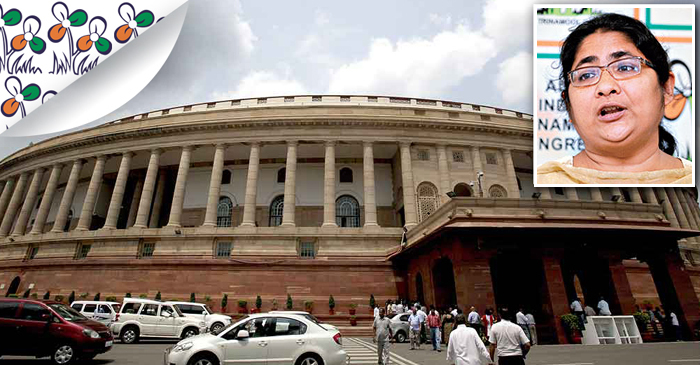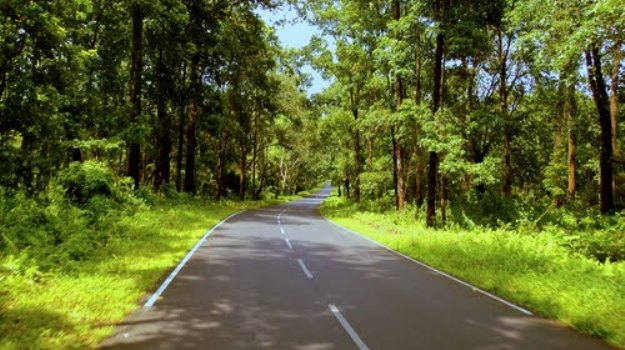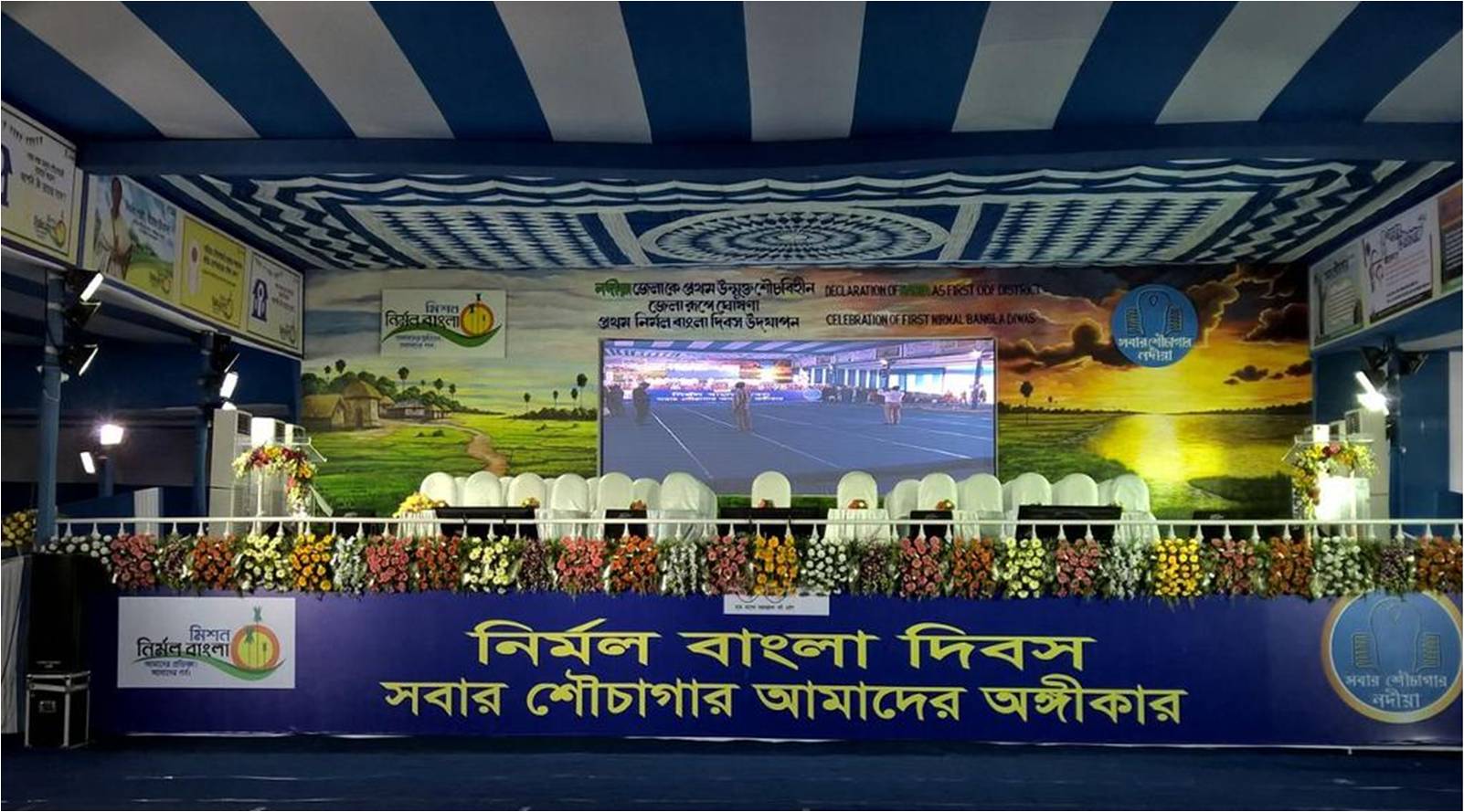Last month the government announced that a Swachh Bharat cess of 0.5% would be imposed on all services that are charged with service tax. This cess, meant to fund Swachh Bharat initiatives was implemented on 15 November.
Inevitably the burden of this indirect tax would fall most heavily on the poor. The cost of the cess will not be borne by corporates and businesses but by citizens availing of any services. The cess amount is fixed independent of income and the burden of the 0.5% tax will be much heavier for the poor to bear.
Services that the government is actively championing for the rural poor including mobile and financial services just became more expensive and difficult for them to access, further the funds collected from the cess will be held entirely by the central government though much of the work required under Swatch Bharat is the responsibility of the state governments.
At the same time, the government has changed the funding pattern of Swatch Bharat cutting its responsibility from 75% of its cost to 60%. If the government is serious about improving the sanitation and health in India, our humble submission is that it must support successful state efforts such as the successes of West Bengal, our state in reducing open defecation instead of cutting funding.
Thank you.



